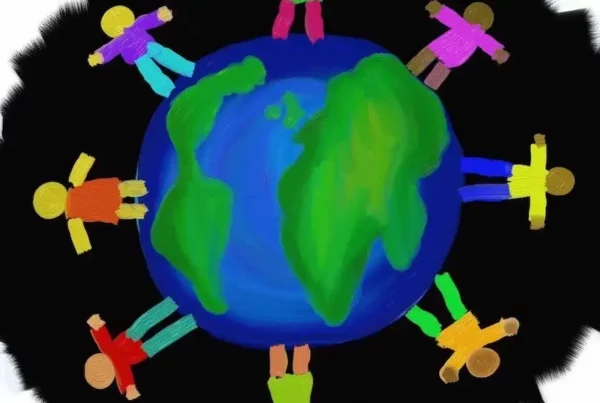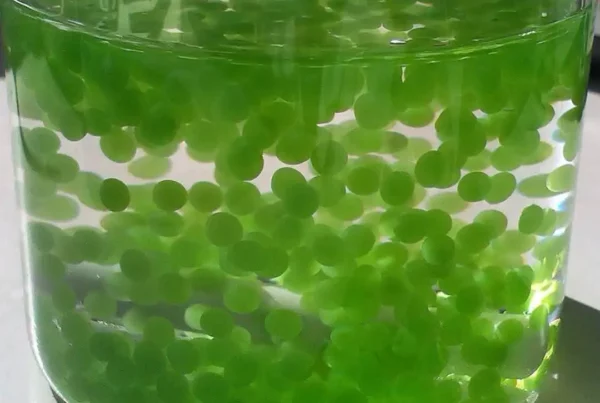By Berkley Walker
I grew up with a lot of music in my home. My mother is a voice teacher and we had a constant stream of students filling our house with scales, show tunes, and arias. I wish I could say that as a teenager I graciously accepted music’s place in my home and regularly took advantage of my mom’s expertise, but I didn’t. I instead tried to drown out the incessant singing by watching re-runs of Dragon-Ball Z and playing after-school sports.
So it is ironic that as a scientist I would find myself drawn back to music in order to communicate the importance of plant science research to those outside of academic circles. This communication is made possible through the Sounds of Science, a collaboration between plant scientists and music composition students.
What does plant science sound like?
The premise of Sounds of Science is simple. More people go to music concerts than lectures, so what if we made a lecture more like a concert?
To make our science into music we handed our primary research data to a group of talented music composition students at the University of Illinois (USA) and told them to create. The end results were varied compositions that reflected the nuance of the science in surprising ways. The culmination of the collaboration was a concert, at which we scientists talked about the importance of our work, before debuting the composition.
Our first year’s performance featured piano and flute duets, electronic experiences, and even a photosynthesis rap. The performance was well attended and the concert was even broadcast via public television to over 40,000 households in central Illinois.
Some of the end results were surprising, and perhaps not what the scientists had imagined. However, transforming data into music attached more emotion to the science, and proved a fantastic way to highlight the importance of the plant sciences.
Going Further
Thanks to the success of this project, we are expanding the collaboration into a yearly event. Like any good concert, we are trying to create an integrated experience from the time you sit down to the time you applaud. Think of it as a cross between a TED talk and a good movie. I hope to keep you updated with how it turns out in the fall.
But music can’t just be written about! If you’ve enjoyed the highlights video above and have an hour to spare get the full experience here:
I hope that the project will illustrate what plants can do for us, and how we are using what we know about plants to not only fill textbooks, but to make the world a better place.
____________________________________________________________
About the Author
Postdoc Berkley Walker is a Research Associate with the United States Department of Agriculture–Agricultural Research Service (USDA–ARS) at the University of Illinois. He received his undergraduate degree in microbiology from Brigham Young University and his PhD from Washington State University under Asaph Cousins. Berkley believes that a scientist’s j ob is to find answers to big questions, then communicate them clearly to the public they serve. His current big problem is trying to understand why many crop plants are only able to use 2% of the sun’s energy to grow and what we might be able to do to improve that percentage. He investigates this problem using a combination of physiological measurements and modeling both in the lab and in the field. To improve science communication, Berkley founded the Sounds of Science Collaboration where plant scientists are paired with composers to produce original works of music from primary research data.
ob is to find answers to big questions, then communicate them clearly to the public they serve. His current big problem is trying to understand why many crop plants are only able to use 2% of the sun’s energy to grow and what we might be able to do to improve that percentage. He investigates this problem using a combination of physiological measurements and modeling both in the lab and in the field. To improve science communication, Berkley founded the Sounds of Science Collaboration where plant scientists are paired with composers to produce original works of music from primary research data.







